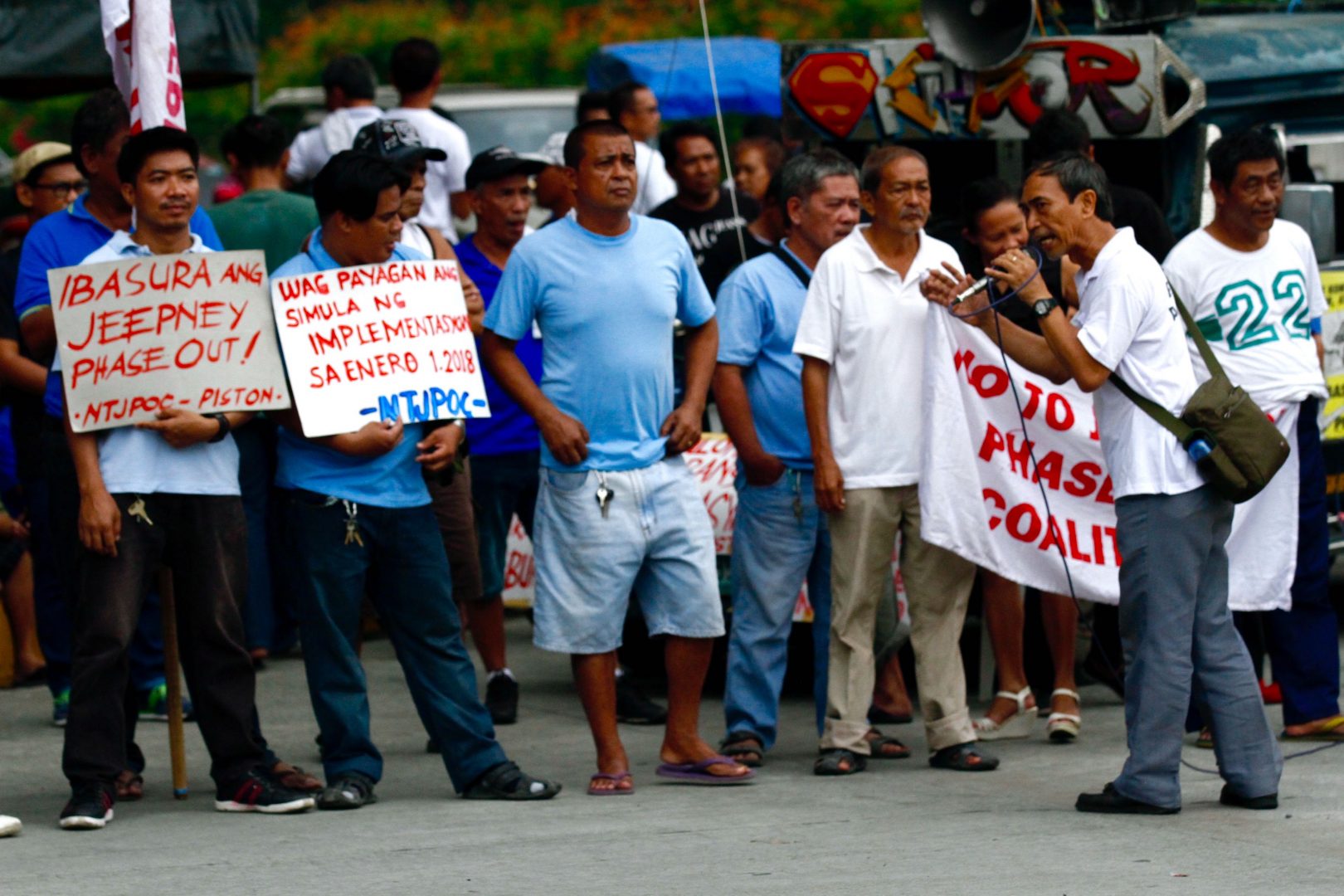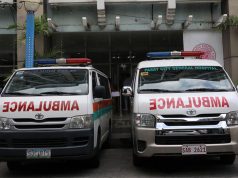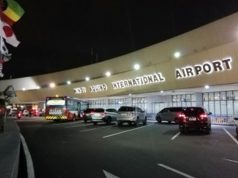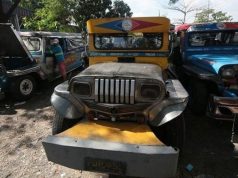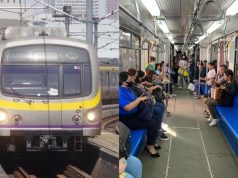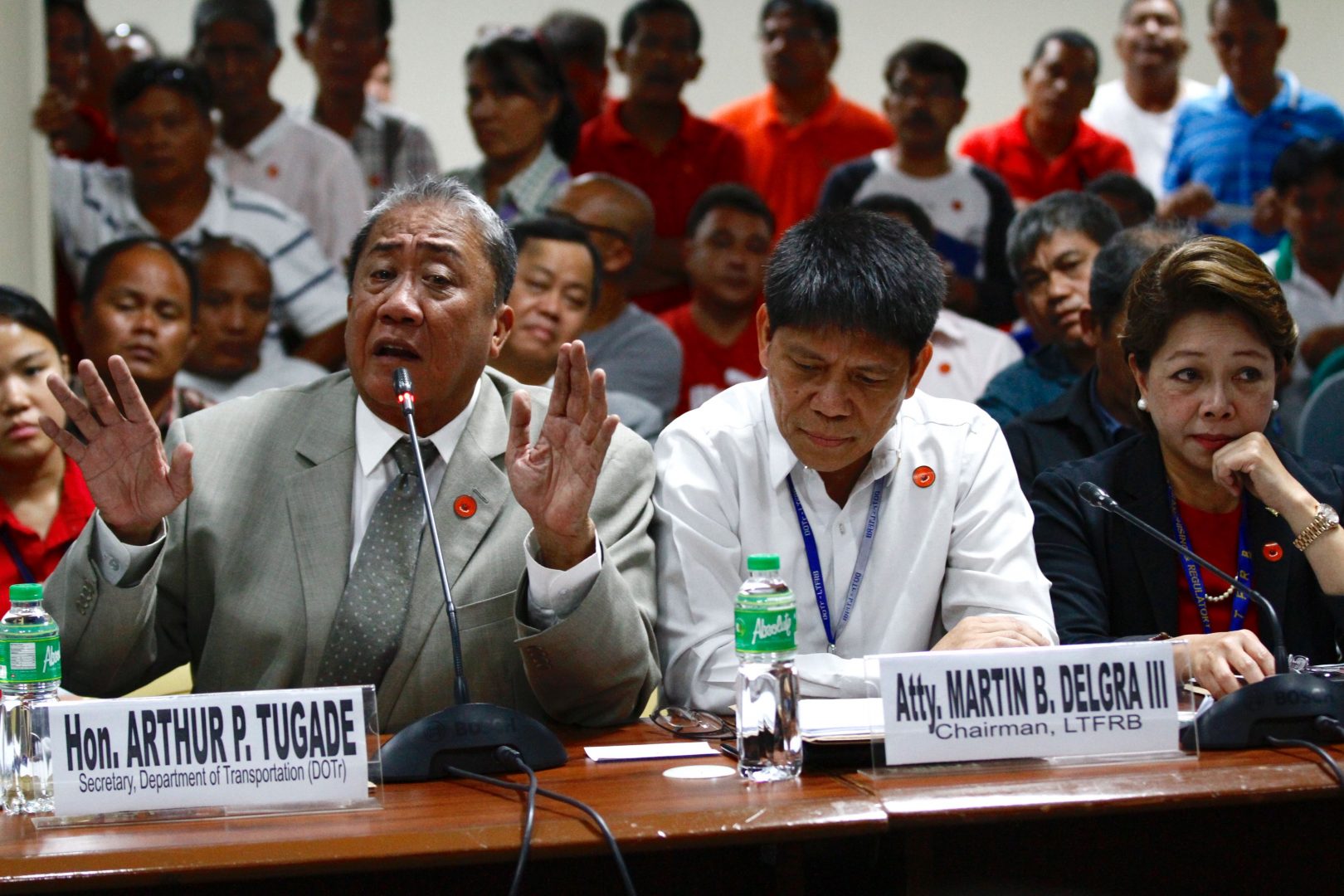
MANILA, PHILIPPINES — Monday’s marathon hearing by the Senate Public Services committee into the multi-year, multibillion-peso PUV modernization turned up a few key “revelations”. First, that “many” jeepneys use “surplus” engines despite an Arroyo- era order banning such; and second, the motor vehicle inspections required prior to registration are mostly routinely ignored with a wink and a bigger “fee” since the government does not have the capacity to do so many checks and vehicle owners want to avoid kilometric lines.
Transportation Secretary Arthur Tugade did not hide his surprise on hearing one transport group say that most jeepneys plying the roads are using surplus engines which, one leader said with worry, would surely fail the tests that government will require in culling the units deemed no longer “road-worthy” when the PUV program begins in 2018.
Tugade attended for the first time the inquiry by the Committee on Public Services chaired by Senator Grace Poe into the Public Utility Vehicle Modernization Program (PUVMP), and faced off with several transport organizations, including the PISTON-led alliance that called off a transport strike in deference to the senator’s promise she would provide a forum for real dialogue.
Besides Tugade, attending for DOTr were Undersecretary for Road and Infrastructure Thomas Orbos and Land Transportation Franchising and Regulatory Board Chairman Martin Delgra III.
Surplus machine
Tugade was taken aback when ACTO president Efren de Luna said many of their jeepney drivers have been using surplus machines.
“Nagulat ho ako ng sinasabing lahat kayo gumagamit ng surplus. Titingnan ko lang ho kasi meron yatang bawal gamitin yang surplus, o may moratorium sa surplus [I was surprised by the revelation because as far as I know, surplus engines are banned; there’s a moratorium on use of surplus],” said Tugade.
Tugade then pointed to Executive Order No. 156 issued by then President Gloria Macapagal Arroyo as basis for the surplus ban.
Other transport groups that attended the Senate hearing – FEJODAP, Pasang Masda and the LTOP – expressed support for the PUV program, but said they opposed an arbitrary jeepney phaseout.
Several leaders said
jeepneys that pass the battery of road-worthy tests which DOTr said would be done using truck-mounted “motor vehicle inspection facility” (MVIF) units should be allowed to remain on the roads, and their owners not compelled to buy new units.
Majority Leader Vicente Sotto III, who attended Poe’s hearing, weighed in in favor of this possible compromise: “Diyan natin makikita yung middle ground. Pag nakita ng jeepney drivers na dito sa bagong jeepney mas malaking kikitain nila, mas safe sila, [dun na sila]. Ngayon, dun sa mga old school, we can find a middle ground na pag pumasa sa MVIS [motor vehicle inspection system], let them retain it [the existing jeepney].”
The DOTr had said the prototypes that it encouraged several manufacturers to produce are all meant to be safe, non-polluting, high-occupancy, and with features for persons with disability. Some of the prototypes DOTr had shown are like “mini-buses” and no longer look like the jeepneys which have become the face of public transport since the last world war.
At Monday’s hearing, Obet Martin of Pasang Masda had conceded that many jeepneys now are very old and unsafe.
“Unsafe na talaga ang lumang jeepneys. Isa yan sa dahilan kaya tumataya ang Pasang Masda sa modernization program ng gobyerno,” Martin said.
Motor vehicle inspections a joke?
Meanwhile, both the transport leaders and the government side acknowledged that the existing motor vehicle inspection system is followed more in the breach. One transport leader said that’s because the jeepney owners and drivers cannot afford to wait in kilometric lines for the thorough physical inspection that’s supposedly required prior to registration and is supposed to cost only P50 as the normal fee. The Land Transportation Office (LTO) does not have the capacity to check hundreds of thousands of vehicles one by one, he added.
STOP and GO Coalition’s Jun Magno said the LTO offices are so tiny, unable to deal with the sheer volume of jeepneys and vehicles needing inspection. What happens, as a result, is that most vehicles are “non-appearance.”
The inspection fee is only P50 per vehicle, but many transport owners pay P1,500, he added. “Wala kang choice–pipila ka sa LTO, pagdating sa dulo, walang MVIS, di ka mare-rehistro.” Only emissions inspection and visual inspection are conducted.
DOTr officials told Poe the agency awaits the arrival in the first quarter of 2018 of at least 26 truck-mounted “MVIF” units, at a cost of P709 million, and this will allow for an honest-to-goodness testing of vehicles sans human intervention.
There are “60 points” that the MVIF will check for in a vehicles, from such safety indispensables as brakes, lights and emission levels to the add-ons like GPS, and additional features like those for PWDs.
Many transport group members in the audience expressed concern, however, that as things are looking right now, the 60-point MVIF check is stacked against all existing jeepney units, and that “lahat kami babagsak” and will be forced to buy the new, modern units championed by DOTr.
